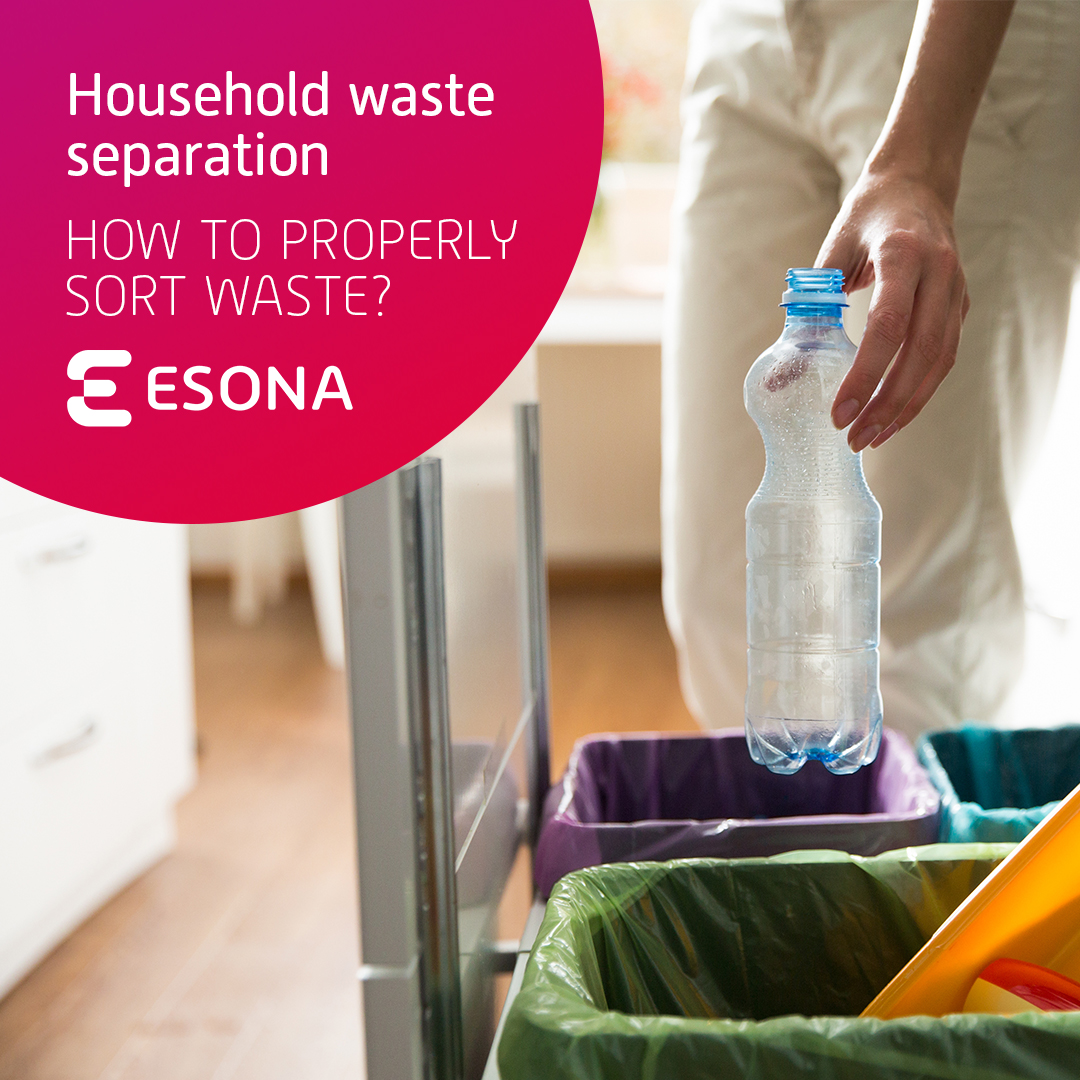Household waste separation: How to properly sort waste?
Throwing everything into one (garbage) bag is not worth it. Learning to recycle properly not only reduces the amount of waste that ends up in landfills but also allows us to often save considerable funds. The good news is that waste separation can be started almost immediately and it costs nothing.
Unflattering statistics
In Slovakia, we sort only 40% of municipal waste. The problem with unsorted waste is that it ends up in landfills instead of being able to be reused as secondary raw material and to be further processed. Even sorted biological and kitchen waste can be returned directly to nature as compost.
Every waste counts
The more we recycle, the less we pollute nature and at the same time we will be able to reuse more waste. Therefore, in addition to the classic collection containers for plastics, paper, glass, and mixed waste, it is also necessary to sort oils and biological waste from the kitchen. Thanks to this step, the containers with mixed waste would be significantly empty, because the waste from the kitchen forms a significant part of it.
More efficient collection of bio-waste significantly motivates
Thanks to the modern ESONA system, it is currently possible to accurately record the collection of biodegradable kitchen waste (BMW) and edible oils and fats (EOF). Such waste is recorded by employees during collection by scanning a QR code with a unique mobile application. Why is it worth it? The results show that the introduction of the collection of kitchen waste and oils brought year-on-year savings in the volume of municipal waste. The combination of the separation of kitchen waste, as well as biowaste from gardens, reduces the production of mixed municipal waste by up to 45%. Garbage trucks bring tons of mixed municipal waste less to ordinary landfills.
According to the valid legislation, local governments are obliged to create conditions and space for the collection of this type of waste. If such a collection is already established in your town or city, be sure to use it.
By recycling biodegradable kitchen waste, you will significantly lighten ordinary landfills and you will not burden the environment and sewers with oils and fats.
With the introduction of the ESONA system, which enables accurate registration of the collection of biodegradable kitchen waste and edible oils and fats, the sorting of waste in your town or city will be more clear and efficient.

